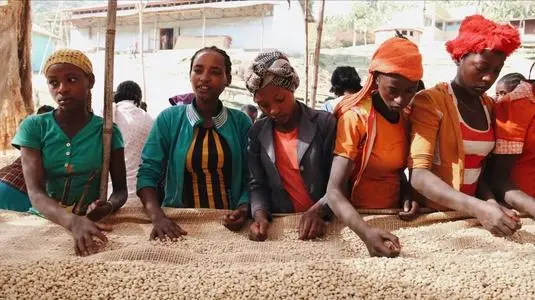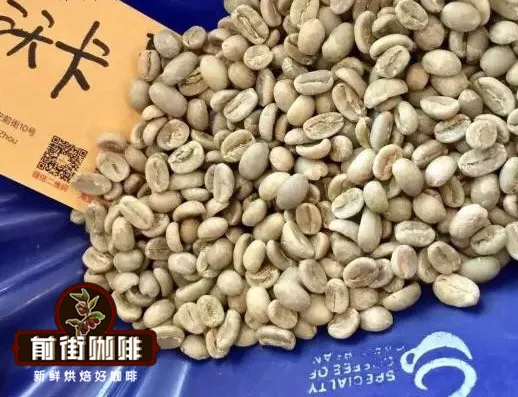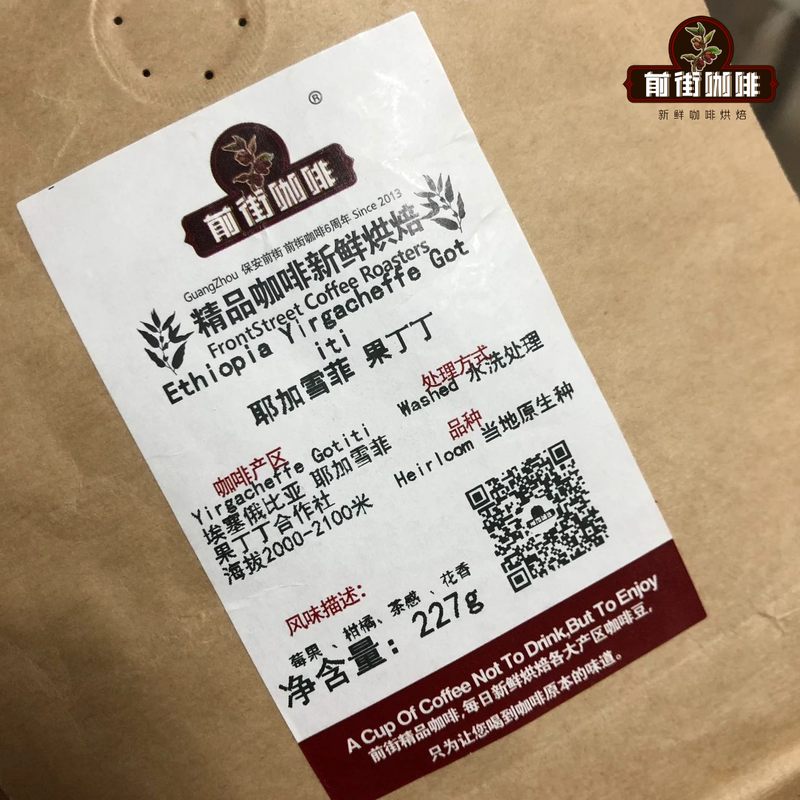Ethiopian coffee beans | Waka cooperative boutique coffee bean flavor description _ what is the cooperative coffee bean production mode?
Ethiopian coffee planting generally takes smallholder workshop as the unit. In the production process, the output quality is often affected by unfavorable factors such as technology, capital, labor force and lack of market promotion platform. When multiple coffee farms with different characteristics cooperate to produce together, the advantages of mutual benefit are reflected in the market recognition degree through complementary factors and common development, which is the case with Ethiopian boutique coffee cooperatives.

It forms cooperatives through a number of coffee farms and develops in cooperation with the Ethiopian Coffee Cooperative Union. Farmers participate voluntarily. Members will receive generous funds and support in technology, equipment and market promotion, so that coffee cultivation in the region can be promoted to the market in an integrated form. The quality of coffee fruits produced by it is no longer different from the previous ones, but through common recognition in a market. But also can reflect the regional flavor of the standard output, and Woka cooperative is the representative of this model.
Founded in 2005, Woka Cooperative is also affiliated to the Cooperative Union. It is a coffee cooperative located in the famous producing area of Yejia Shefei at an altitude of about 1850 meters ~2100 meters. Natural and organic cultivation techniques are used throughout the production process, and Fairtrade Organic Coffee FTO certification is obtained.

Front Street Coffee introduces Woka beans from this feature-rich coffee cooperative. Brewed according to the store standard, it has strawberry jam fruit and tropical fruit flavor in flavor, and chocolate-like flavor and fruit sweetness in taste. It is a fine coffee bean that can highlight Ethiopian flavor.
Important Notice :
前街咖啡 FrontStreet Coffee has moved to new addredd:
FrontStreet Coffee Address: 315,Donghua East Road,GuangZhou
Tel:020 38364473
- Prev

Ethiopian coffee beans | COE#22 West Arsi production area boutique coffee beans flavor introduction _ COE coffee beans why the price is so high?
"Women roast fresh coffee beans in clay pots and boil them with an utensil called 'Jebena'." This is the hospitality of the Ethiopian people. It can be seen that coffee has become an indispensable part of the local people's life. It is not only a source of wealth, but also represents the hospitality.
- Next

Ethiopian Coffee Bean | Flavor introduction of boutique coffee beans in Guoding Cooperative. Independent producing areas in the cooperative area.
Most of the coffee cultivation in Ethiopia is in the form of cooperatives, and the famous Waka cooperative is represented. With the single producing area flavor emphasized by the boutique coffee wave, many independent producing areas have been found and independent. The same is true in the Waka cooperative producing areas, more plots and coffee produced by cooperatives.
Related
- Guji coffee producing area of Guji, Ethiopia: Humbela, Shakiso, Wulaga
- What is the most expensive variety of Qiloso in BOP multi-variety group?
- How to store the coffee beans bought home?
- Why are Yemeni coffee beans so rare now?
- Ethiopian Sidamo all Red Fruit Sun Sun Santa Vini Coffee beans
- SOE is mostly sour? What does it mean? Is it a single bean? what's the difference between it and Italian blending?
- Is Italian coffee beans suitable for making hand-brewed coffee?
- How to choose coffee beans when making cold coffee? What kind of coffee beans are suitable for making cold coffee?
- Just entered the pit to make coffee, what kind of coffee beans should be chosen?
- Can only Japan buy real Blue Mountain Coffee? What are authentic Jamaican Blue Mountain coffee beans?

